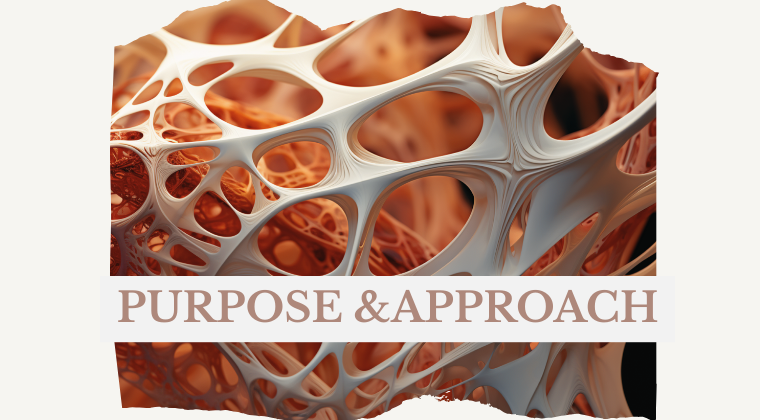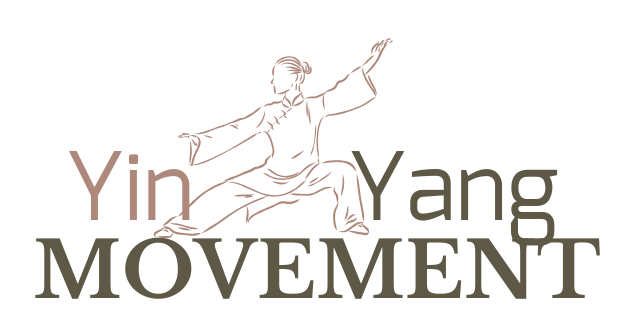Yang MOVEMENT
Body intelligence
MOBILITY, STRENGTH,
LONGEVITY in motion
For ladies in their 30s, 40s, and 50s who build deep body & mind connection, and the freedom to move.
Your body isn’t a machine – it’s a living, intelligent system.
YANG Movement is based on decades of martial arts, functional mobility, and modern movement science. We don’t train for aesthetics. We train for resilience, responsiveness, and long-term vitality.

Why YOU SHOULD TRAIN THIS WAY:
Joint resilience
Definition: Strengthening the connective tissue (capsules, ligaments, tendons) to withstand daily and athletic stress without injury.
Usable range of motion
Definition: Not just being flexible, but gaining control over your full range so you can move with power, precision, and fluidity.
End-range strength
Definition: Training strength in the outer edges of movement to reduce injury risk and expand your movement capacity.
Neurological control
Definition: Creating better brain-body communication by building motor control and proprioception through slow, controlled movement.
Tissue adaptation
Definition: Applying progressive load to encourage connective tissue remodeling, resulting in more resilient and adaptable joints.
Movement eficiency
Definition: Improving the body’s ability to move economically and intelligently through active control, reducing unnecessary tension.
Lifelong vitality
Definition: Maintaining functional independence, strength, and adaptability through every decade of life.
Functional MOBILITY vs STRETCHING

What is STRETCHING?
Definition: Increasing tissue length via passive extension
Types:
*Passive stretching (external force)
*Static stretching (held poses)
*Dynamic stretching (moving through range)
Purpose:
*Improve flexibility
*Reduce muscular tension
Limitations:
"Doesn’t build control"
"Useless range" = ranges you can’t access with strength
What is FUNCTIONAL MOBILITY?
Definition: Active control of joint range using strength and neural input
Foundations:
*Controlled Articular Rotations (CARS)
*End-Range Isometrics (PAILS/RAILS)
Purpose:
*Usable range of motion (ROM)
*Control at the limits
*Increased joint resilience
Effect:
*Strength in end ranges
*Reduced injury risk
*Improved neuromuscular control
👉 Mobility isn’t stretching. It’s strength in space.
Why you NEED BOTH:
Mobility without flexibility is limited in expansion.
Flexibility without mobility is vulnerable in action.
Together, they develop not just range, but ownership of resilient movement – through joint strength, connective tissue capacity, and whole-body energy flow (bioflow).
👉 Train for your 80-year-old self, not just a summer body.
Why ELASTIC STRENGTH might be the future of fitness:

What does WEIGHT TRAINING build?
Definition: Strengthening muscles using external loads to increase muscle mass and output.
Purpose:
*Hypertrophy
*Maximal strength
*Structured repetition
Effect:
*Linear movement patterns
*Isolated muscle groups
*Possible rigidity if not balanced with mobility
What is SPIRAL & ELASTIC strength ?
Definition: Movement using rotation, rebound, multidirectional force, and whole-body responsiveness.
Purpose:
Build dynamic, adaptive, protective strength
Train muscular chains in coordination
Respond to force – not resist it
Effect:
*Power without tension
*Multi-plane movement (3D)
*Elastic energy transfer through fascia and connective tissues
👉 Your body is a learning structure, not a fixed frame to mold.
Martial ARTS
The missing link
STRENGTH without COORDINATION is wasted.
POWER without TIMING is chaotic.
And TENSION without RELEASE burns you out.
MARTIAL ARTS refine your nervous system like no other practice
Definition: Explosive movement systems based on strikes, dodges, and reactive power – driven by rotation, rhythm, and neural precision.
Purpose:
*Train explosive strength through reactive movement
*Sharpen timing, rhythm, and coordination
*Develop full-body integration under pressure
*Activate the nervous system, not just muscles
Effect:
*Faster reaction time and spatial awareness
*Dynamic, multi-directional strength
*Confidence through embodied power
*Improved cardiovascular and neural endurance
👉 Martial arts aren’t just about combat.
They’re about refining your primal intelligence through structured, high-intensity movement.
👊 Shapeboxing is my modern adaptation – a martial method for women who want power, without burnout.

